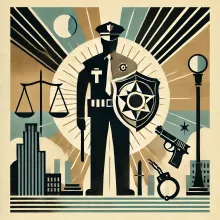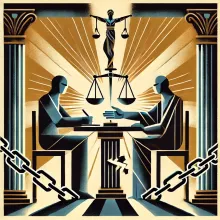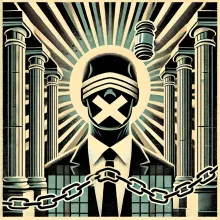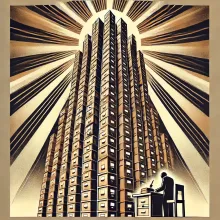Jury nullification, the practice of jurors delivering verdicts based on conscience rather than strict adherence to the law, is a powerful but underutilized tool in the pursuit of justice. Critics often dismiss it as lawlessness or judicial inconsistency, but its potential as a check against oppressive laws and governmental overreach is profound.
Historically, jury nullification has been instrumental in resisting unjust laws, from colonial defiance of British mandates to acquittals under the Fugitive Slave Act. It empowers ordinary citizens to act as the conscience of the community, ensuring that laws align with evolving moral and societal values. In modern contexts, it offers a pathway to challenge draconian drug laws, mandatory minimum sentences, and over-criminalization.
Opponents argue that nullification undermines the rule of law, but this view overlooks its democratic roots. Juries were designed to be independent arbiters, not mere enforcers of statutes. Nullification restores balance by injecting human judgment into rigid legal systems, providing relief where laws fail to account for nuance or fairness.
By embracing jury nullification, we acknowledge that justice is not synonymous with legality. It is a safeguard that ensures laws serve the people, rather than subjugating them. Far from being a threat, nullification represents a vital expression of democratic accountability.





